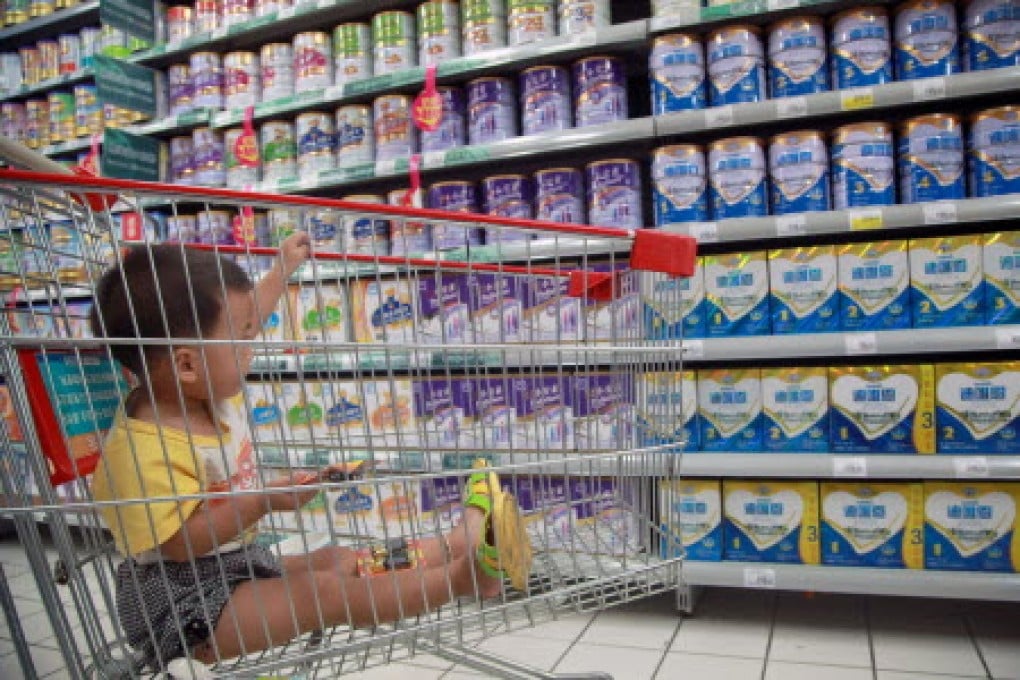Trust in baby formula is elusive
If all things were equal, China's dairy industry could expect to profit from a double strike against foreign brands of baby milk formula. The first was the potentially fatal bacterial contamination of a New Zealand whey product used to make formula.

If all things were equal, China's dairy industry could expect to profit from a double strike against foreign brands of baby milk formula. The first was the potentially fatal bacterial contamination of a New Zealand whey product used to make formula. The second was the imposition of record fines on six companies for manipulating prices in breach of China's anti-monopoly law. Admittedly one of the six is based in Guangdong, but it still looks like a golden opportunity for Chinese dairy companies to reclaim market share lost in a wave of public fear and loathing over the 2008 scandal of melamine-adulterated milk formula.
However, things are far from equal. So deep was the loss of confidence five years ago that it remains weak. Despite the contamination scare involving New Zealand's Fonterra and accusations that it was tardy in sounding the alarm, Chinese mothers have signalled a continuing preference for foreign brands.
If there is any truth in claims that the anti-monopoly investigation of mainly foreign brands was partly aimed at boosting the domestic dairy industry, it will take more than evidence of market abuse to restore consumer trust in the local product. It will be more convincing if the authorities step up monitoring of milk powder producers and severely punish any found to have quality or safety problems. The State Food and Drug Administration has pledged to do just that. This follows Premier Li Keqiang's direction that inspection of milk powder production should be as rigorous as that for manufacture of medicines.
To help monitor formula production, the SFDA says it will set up teams of specialists to work with local supervisory bodies to ensure they meet their responsibilities for handling safety issues and eliminate risks at the earliest stages. A key task is to promote a better understanding of the need for quality and safety in milk production. Li said the safety of baby formula affected the country's future. It is certainly fundamental to the goal of sustainable development.
